Potentially the Largest Automotive Recall: Tesla to Replace FSD Hardware for 4 Million Vehicles
 JohnApr 16, 2025, 11:53 AM
JohnApr 16, 2025, 11:53 AM
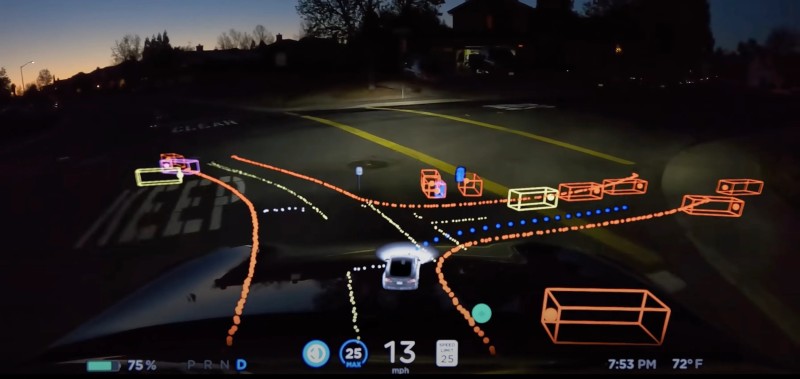
[PCauto] In 2016, Musk confidently declared that all Tesla vehicles produced thereafter would be equipped with the hardware necessary to achieve Full Self-Driving (FSD) capabilities, targeting the ultimate goal of Level 5 autonomy, which would allow vehicles to completely operate autonomously at any time and in any condition without human intervention.

At the time, this promise sent shockwaves through the automotive and tech industries, thrilling countless consumers and investors who eagerly anticipated Tesla’s future.
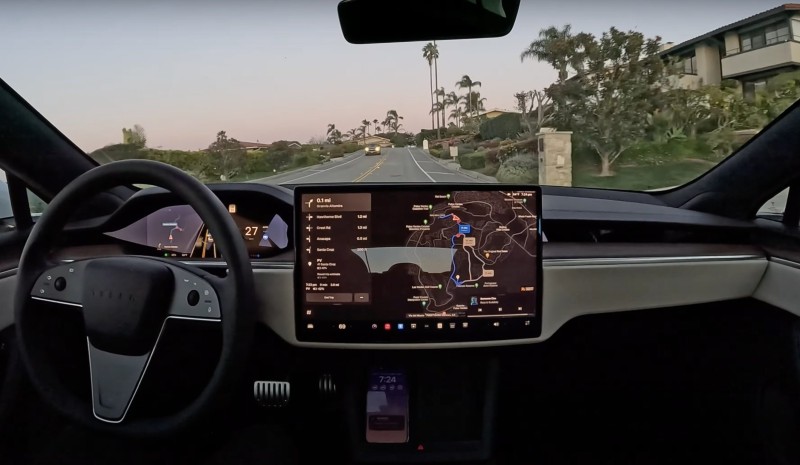
In the years that followed, Musk frequently addressed timelines for realizing fully autonomous driving. At the 2023 World Artificial Intelligence Conference, he stated that Tesla was nearing Level 4 autonomous driving and expected to achieve full autonomy later that year.
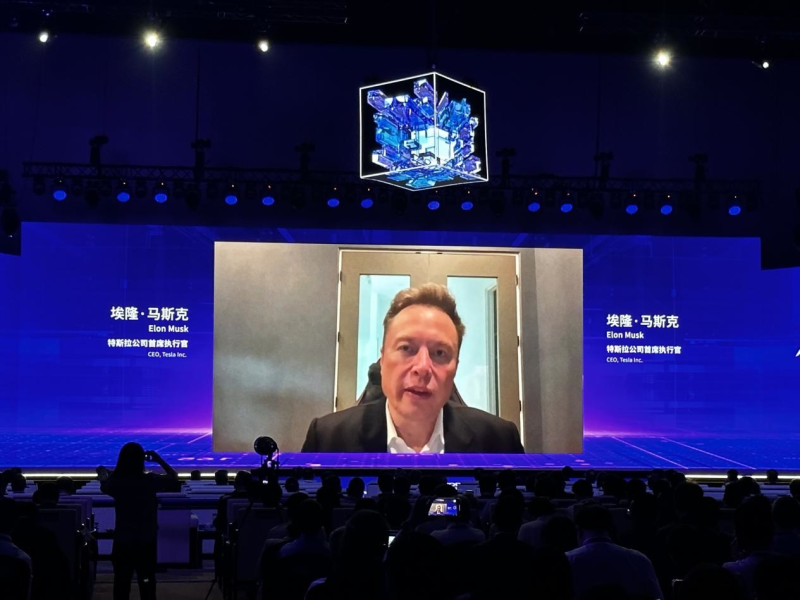
Musk’s frequent and unwavering commitments led consumers to have strong faith in Tesla's autonomous driving technology, further solidifying the brand's reputation in the self-driving sector.
Many consumers, drawn by the enticing prospect of Tesla's autonomous capabilities, unhesitatingly invested their savings to become Tesla owners, looking forward to the day they could experience true driverless travel. At that time, Tesla was a shining star in the realm of autonomous driving, seen as the leader in the future of transportation.
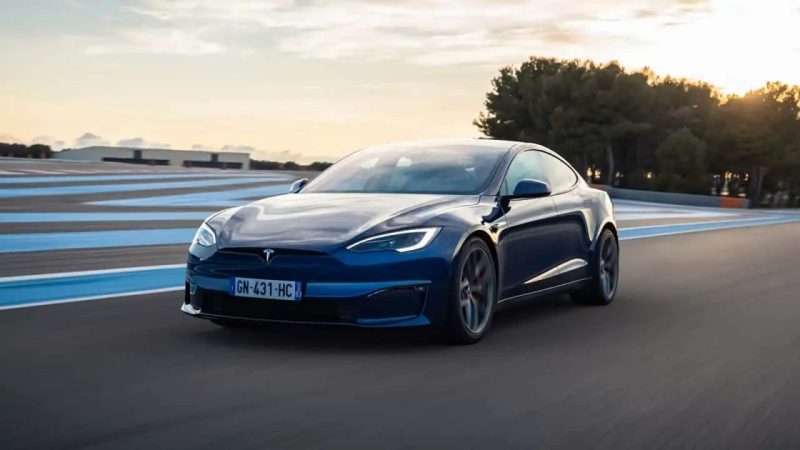
However, as time progressed, the development of Tesla's autonomous driving technology did not pan out as expected, presenting harsh realities for both the company and its vehicle owners.
Recently, in February 2025, a Cybertruck equipped with the Full Self-Driving system was involved in an accident. The vehicle failed to successfully merge into an ending lane, striking a curb before colliding with a utility pole.
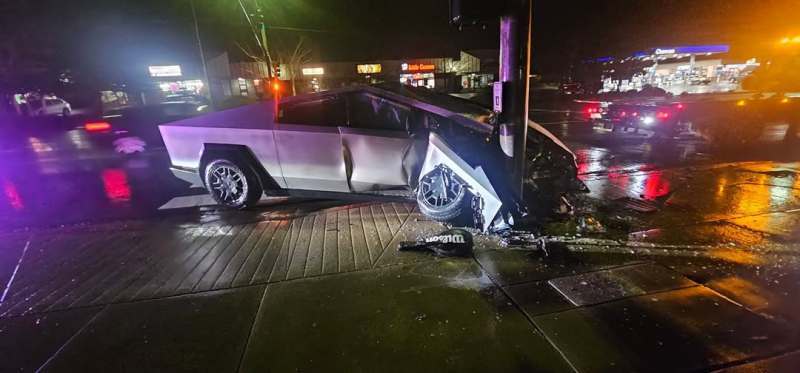
Although the current FSD system still requires driver supervision, this incident raised fresh concerns about the reliability of FSD. This isn't an isolated case; several other traffic accidents involving Tesla's autonomous driving have also come to light, fueling doubts about the safety of Tesla's self-driving technology.
In addition, Tesla encountered issues with its autonomous driving hardware. In 2016, the company proclaimed that all future vehicles would be outfitted with “all hardware necessary for Full Self-Driving capabilities,” initially equipping them with HW2.5 hardware. It later introduced HW3 and provided free upgrades for owners who purchased the FSD software package.
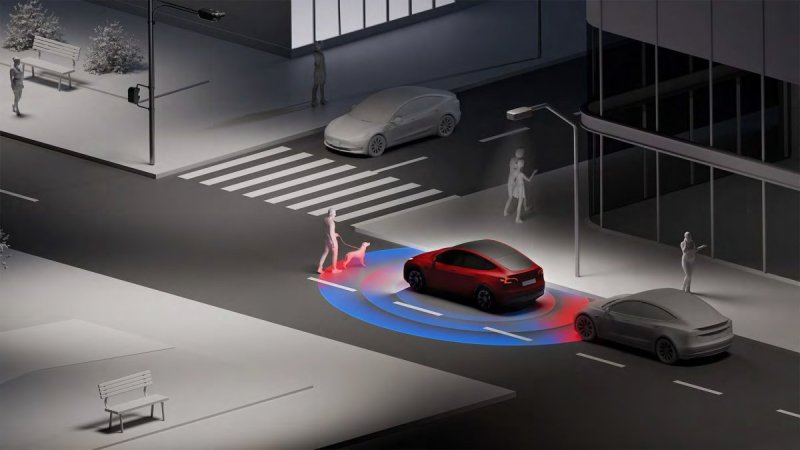
By 2023-2024, Tesla released more advanced HW4 hardware. However, reports emerged in 2024 stating that HW3 was nearing its performance limits, and in January 2025, Musk finally conceded that HW3 was insufficient for true driverless capability.
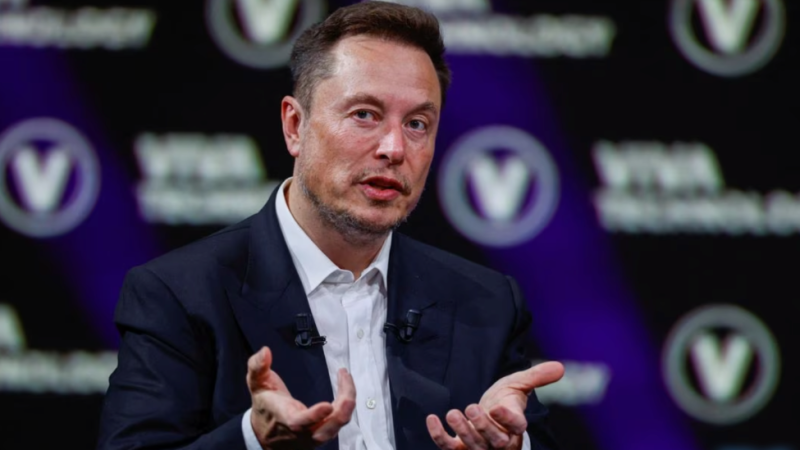
Currently, approximately 4 million Tesla vehicles are equipped with HW3. This implies that these 4 million owners have vehicles whose hardware cannot achieve the autonomous driving capabilities originally promised by Tesla, placing an obligation on the company to replace the hardware for these consumers.
This demand is not without precedent. In December 2022, a Model 3 owner sued in Washington state over the need to pay for an upgraded chip, and a U.S. court ordered Tesla to upgrade the owner's vehicle's autonomous driving chip at no cost, thus allowing the owner to subscribe to Tesla's Full Self-Driving service.
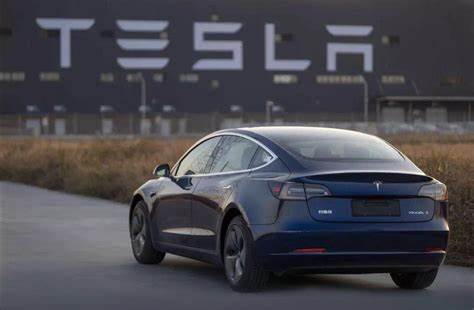
In light of this situation, Tesla faces a tough decision: either replace the hardware for these owners or provide compensation. Replacing hardware comes with high costs and significant challenges for service capabilities, while compensation raises complex issues regarding how to determine compensation standards and amounts.
The unfulfilled promise of Tesla's autonomous driving has profound influence on the company, its vehicle owners, and the entire autonomous driving industry. For Tesla, effectively addressing the issues faced by these 4 million vehicles will test its crisis management capabilities and corporate responsibility.
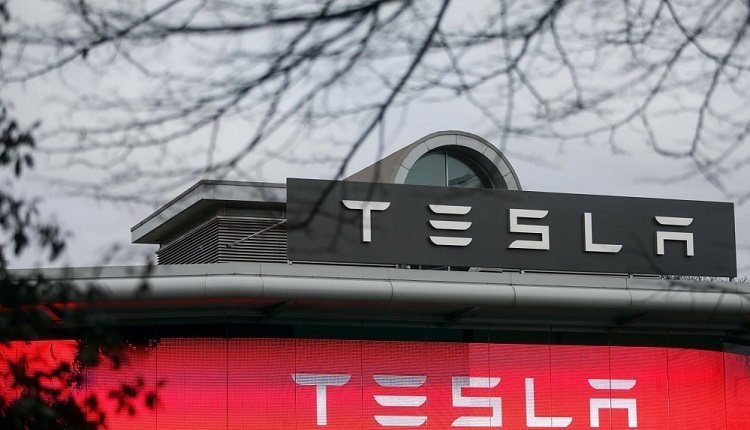
For the autonomous driving industry as a whole, this serves as a reminder for automakers to avoid overpromising during technology development and marketing, prioritizing safety and reliability. As technology continues to advance and regulations become increasingly refined, autonomous driving will undoubtedly enter a more mature and reliable phase of development, but this journey is sure to be filled with challenges and setbacks.
If any infringement occurs, please contact us for deletion
Trending News

Perodua Traz VS Ativa, which one is more worth buying?
Traz, as a newly launched mid-sized SUV, offers more spacious room and mainstream power compared to small SUVs, but its pricing appears slightly higher than that of Ativa. Ativa, on the other hand, is Perodua's long-time best-selling small SUV with more affordable pricing and a balanced combination of power and tech features.

Perodua Myvi and Bezza may undergo major upgrades in 2026
After the update, the Bezza will no longer be just a low-cost alternative but a core model in the Perodua system with greater market competitiveness and brand premium potential. The upgrade of the Myvi is not to be unconventional but to strengthen the brand and market, ensuring that the Myvi continues to maintain its irreplaceable position in the new round of product competition.

Perodua Traz VS Toyota Yaris Cross, where does the Traz fall short?
Before the official launch of the Perodua Traz, market expectations were actually very high because it shares the same DNGA platform as the Toyota Yaris Cross. However, sharing the same platform does not equate to the same experience, and the Traz's final performance has indeed been disappointing. Perhaps it is precisely because of the delayed launch that it has almost no competitiveness in the current competitive environment.

Will the Toyota Yaris Cross come to Malaysia? If it comes, how much will it sell for?
The launch of Perodua Traz indicates that the market size of small SUVs in Malaysia has been expanding in recent years. However, the question naturally shifts back to Toyota. As a brand with the most comprehensive product line and a strong foundation in both the SUV and hybrid sectors, will Toyota choose the Yaris Cross to participate in this small SUV competition?

Why is the Toyota Sienna so popular with so many people?
In Malaysia, most family MPVs choose Toyota Alphard, Vellfire, or Kia Carnival. These models each have their advantages in luxury, space, or brand influence, but models that truly balance large space, multifunctional practicality, fuel efficiency, and reliability are rarely seen.
Popular Cars
Model Year
Car Compare
Car Photo

